
Getting your hands on an e-scooter is easy and feasible in the long run due to cost reduction as the riders need not spend anymore on fuel. However, as per the latest proposed law in New Jersey by the state legislature, there arises a requirement of registration along with insurance for E scooters and e-bikes on a compulsory basis. The main aim of this legislature is to bring equality to confirm registration compulsion along with liability insurance regulation to e-bikes as applied to other motor vehicles such as motorcycles and cars. Despite lower fatality cases linked to e-bikes, the legislature also favors this law being available for e-vehicles.
Let us know in detail about the critical points of the bill to further know about the requirements:
The critical points of the bill
-
Registration requirements
The authority for granting the owner a registration certificate for an e-bike lies with the New Jersey Motor Vehicle Commission, which gets issued after applying for registration. Once the registration fees are paid and the e-bike type gets approved by the commission's chief administrator, the vehicle gets registered with the State. The chief administrator is also responsible for prescribing the certificate's contents and maintaining the record of the certificate's issue. However, the certificate expires 11 months after its issue and requires a renewal fee of $8.
-
Insurance requirements
The State is also responsible for maintaining liability insurance coverage to protect against injury to pedestrians or uninsured motorists. The banking and insurance commissioner approves it and requires;
- $15,000 for plans renewed or issued before Jan 1, 2023
- $25,000 for plans renewed or issued after Jan 1, 2023, but before Jan 1, 2026
- $35,000 for plans renewed or issued after Jan 1, 2026
In case of multiple deaths/injuries, the insurance is limited to the amount of:
- $30,000 for plans renewed and issued before Jan 1, 2023
- $50,000 for plans renewed and issued after Jan 1, 2023, but before Jan 1, 2026
- $70,000 for plans renewed and issued after Jan 1, 2026
Additionally, a $25,000 coverage limit is granted for damage claims for plans issued or renewed after Jan 1, 2023
-
Speed limits
The bill proposes set speed limits specified expressly for e-bikes along with predefined paths for travel. These e-bikes are allowed on bicycle paths and cannot travel on natural trails, especially for non-motorized use. Plus, no e-bike user is allowed to tamper with speed modifications in the vehicle under the implication of the law. The speed limit is 20mph, and the motor is 750 watts for a class 1 low-speed e-bike.
-
Safety requirements
For safety requirements of the e-bike riders, New Jersey State has prohibited tampering with the e-bikes at low speeds. Plus, there must be a label on the e-bike that mentions the top assisted speed, classification number, and motor wattage in 9-point type in Arial font. These bikes cannot be parked on sidewalks or any other area blocking pedestrian ways.
Arguments for and against the Bill:
Specific arguments stand in favor of and against the bill. As a responsible e-bike user, you must have a note of it as these propositions provide you a favor of knowing the laws in detail and abide by them to avoid penalties.
Proponents:
Some positive points stand in favor of the bill. These are:
Enhanced Road Safety: If passed, The bill will lead towards enhancing road safety as proper registration of the buyer will help in tracking all their information in a handy way. Plus, additional monthly insurance charges will make the user responsible for driving the e-bike safely to avoid any mishap.
Reduction in Accidental Cases: Due to the levying of additional monthly insurance and registration charges, the number of irresponsible e-bikers will be reduced to an extent. It will result in a reduction in accidental cases that take place due to irrational or reckless driving. So, the bill is an excellent move towards enhancing user safety.
Ensured Insurance: With the bill's regulation, the users of e-bikes will be liable to bear a minimum monthly amount towards the insurance. It will help them cover a proportionate amount in case of any accidental issue with the bike or the owner.
Opponents:
A few opponent points may discourage the use of the bill. These are:
Burdensome: The proposed bill is being viewed as burdensome by the existing e-bike users, which may lead to fewer e-bike riders. It is so because the charging expenses for an e-bike are under $1 monthly. Additionally, e-bikes require lower maintenance costs in comparison to cars. With the bill's introduction, low-income riders may need help paying for registration and monthly insurance.
Cost Parameters: Many e-bike riders commute with this vehicle as they may need more funds to settle for a car. The average cost of used or new cars may be around $530 to $730, which may be less affordable for buyers. So, the new bill may lead to an escalated cost, discouraging e-bike usage. As with levying a new bill, the user may incur monthly insurance and registration charges. It may lead to an escalation in the cost of running the e-bike regularly.
Discouragement of Adoption: Lower-income groups have popularly adopted e-bikes but have affordability issues with owning a car. Or those concerned with higher fuel prices and mobility issues. In such a case, if users have to buy additional insurance policies, the e-bike users will be discouraged from adopting better and less polluting alternatives.
Current status and implications of the law:
The proposed law benefits e-bike owners in the long run and proclaims specific safety and reduction of accident features. However, if seen practically, this bill is still under consideration in the legislature.
If the bill gets approved by the State authorities, it will significantly impact the use of e-bikes and e-scooters. It may reduce the number of mishaps and misuse of e-bikes by underage riders. However, in the long run, the implication will lead to a reduction in the number of e-bike users, especially the disabled or elderly ones. It may happen because of the affordability of renewing registration and recurring monthly insurance charges.
Conclusion
If New Jersey's latest E-Bike and E-Scooter Regulations bill gets passed, it could have significant implications for transportation in the State. Riders may experience changes in where they can ride, how they operate their e-bikes and e-scooters, and what safety measures they need to follow.
Additionally, the bill may impact businesses offering e-bike and e-scooter sharing services, as they may need to adhere to new regulations and licensing requirements. Overall, the passing of this bill could shape the future of micro-mobility in New Jersey and ensure safer and more regulated use of e-bikes and e-scooters.







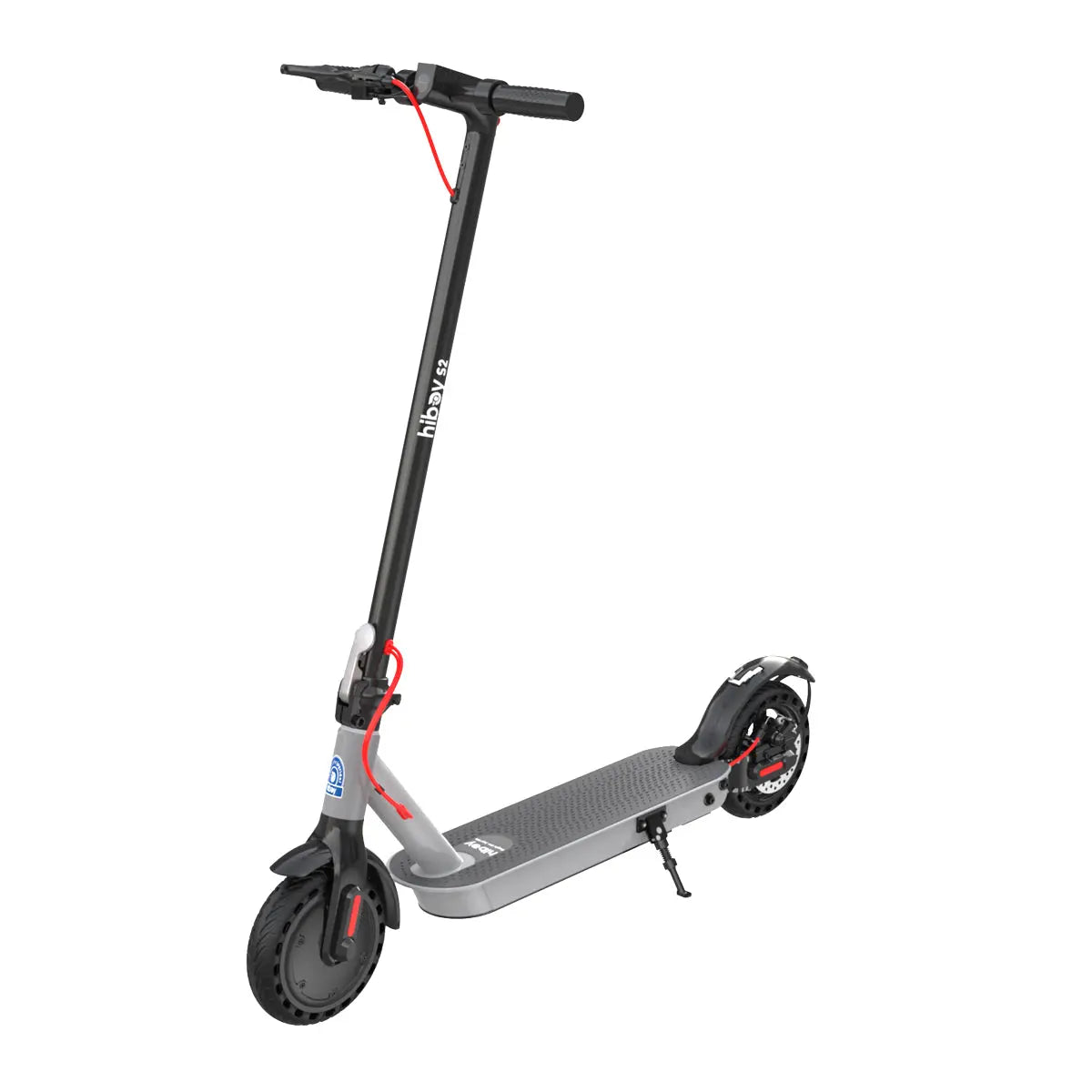 S2
S2
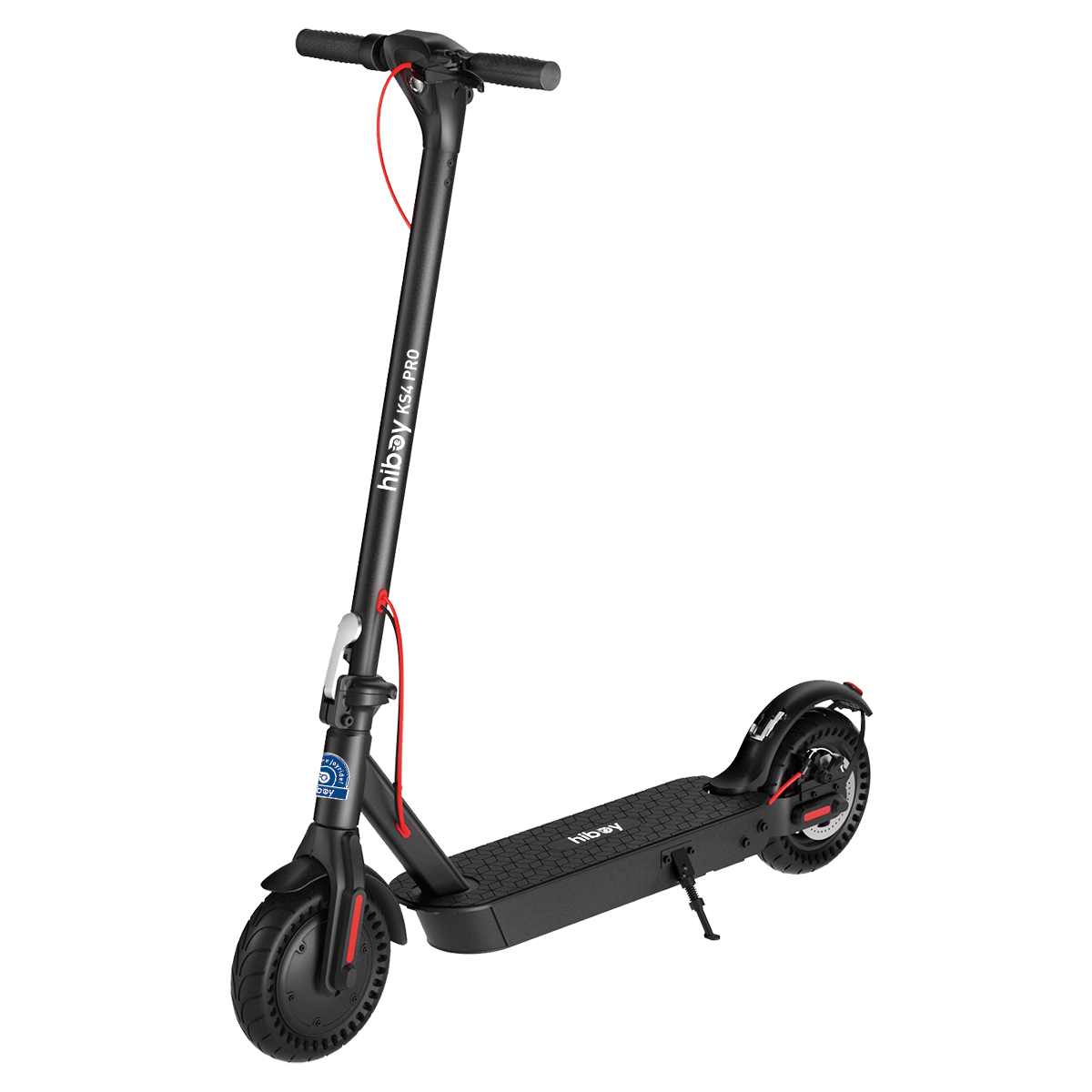 KS4 Pro
KS4 Pro
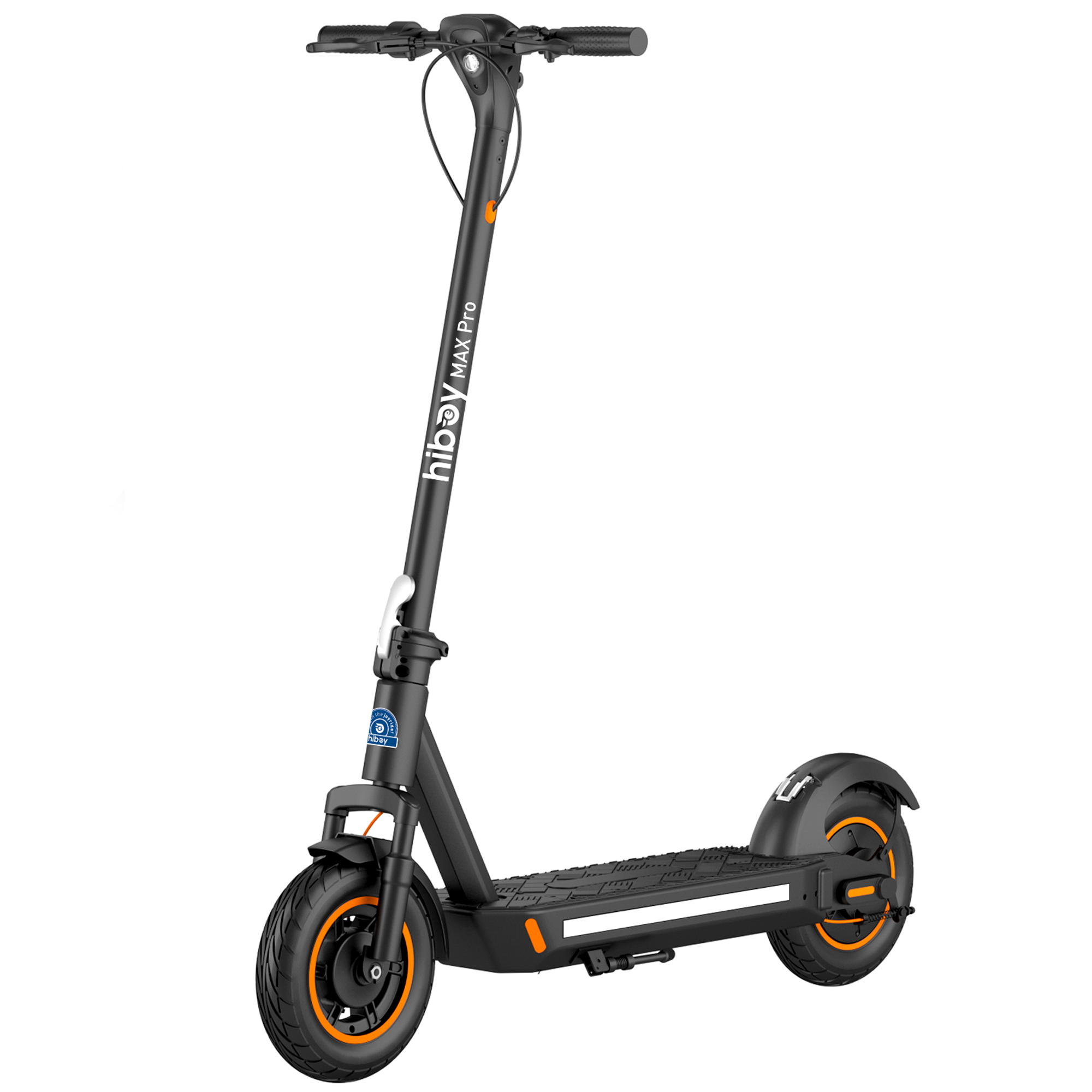 MAX Pro
MAX Pro
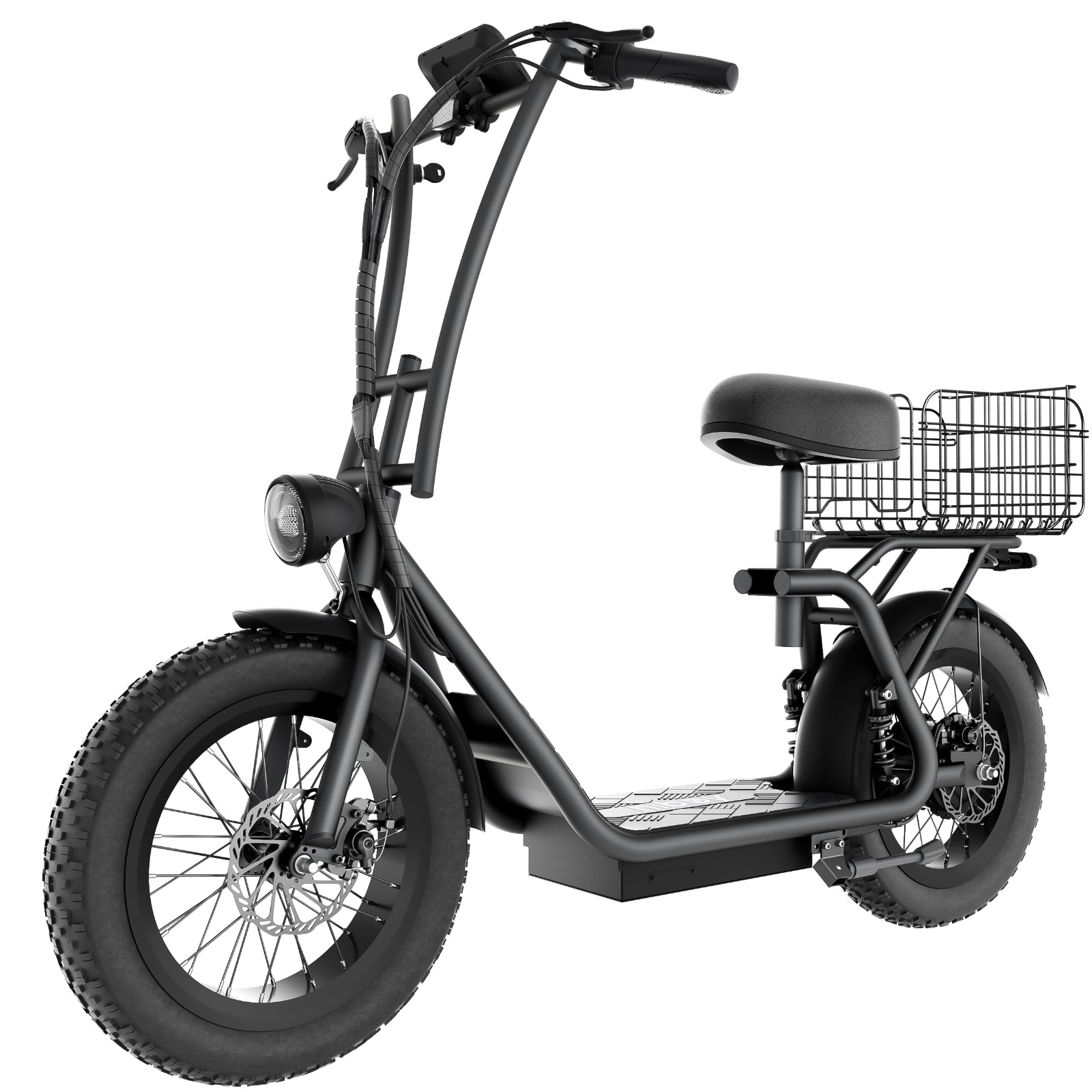

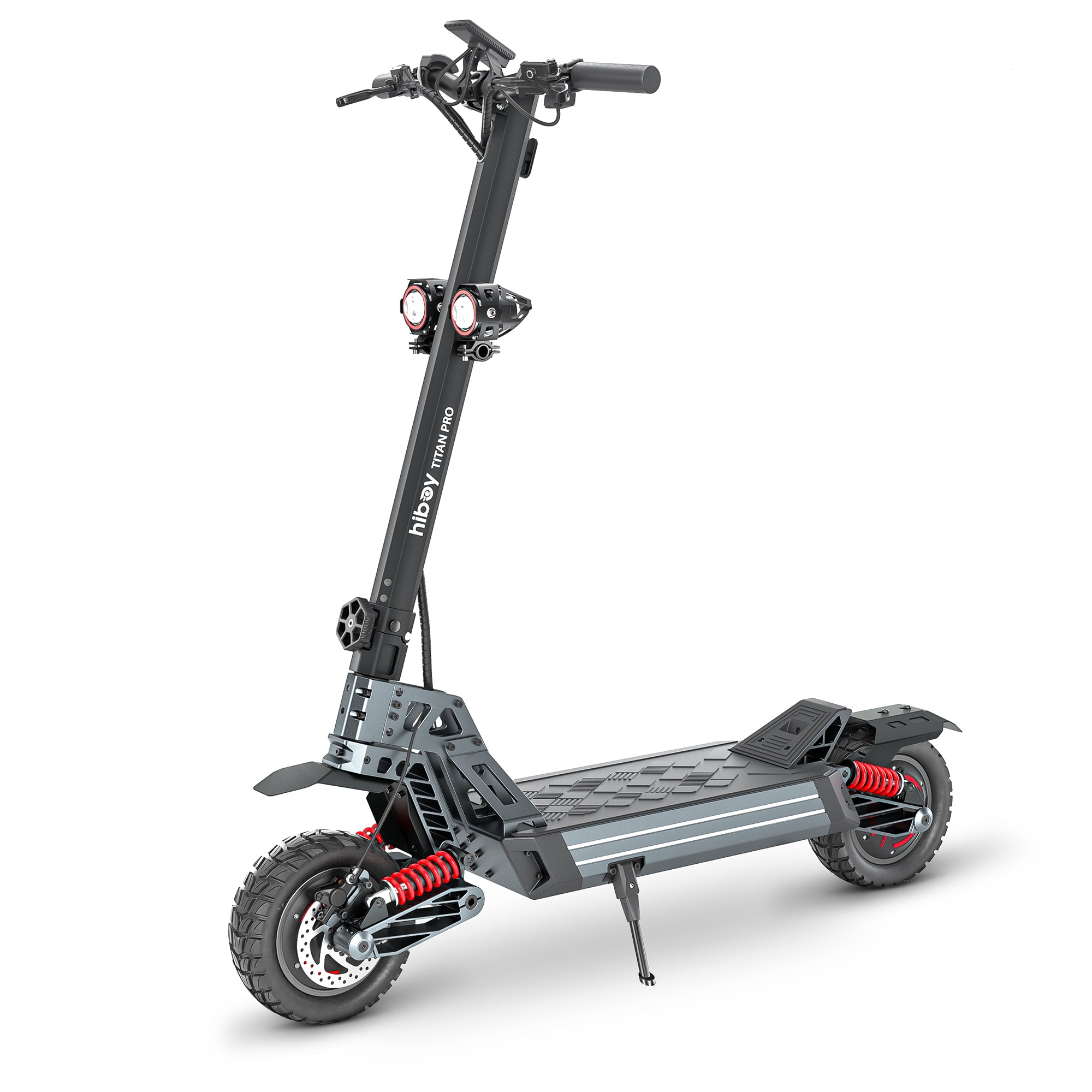
 Light-Weight & Portable
Light-Weight & Portable
 Long Range
Long Range
 For Heavy Riders
For Heavy Riders
 Big Wheel
Big Wheel
 With Seat
With Seat
 Fast
Fast


 EX11
EX11
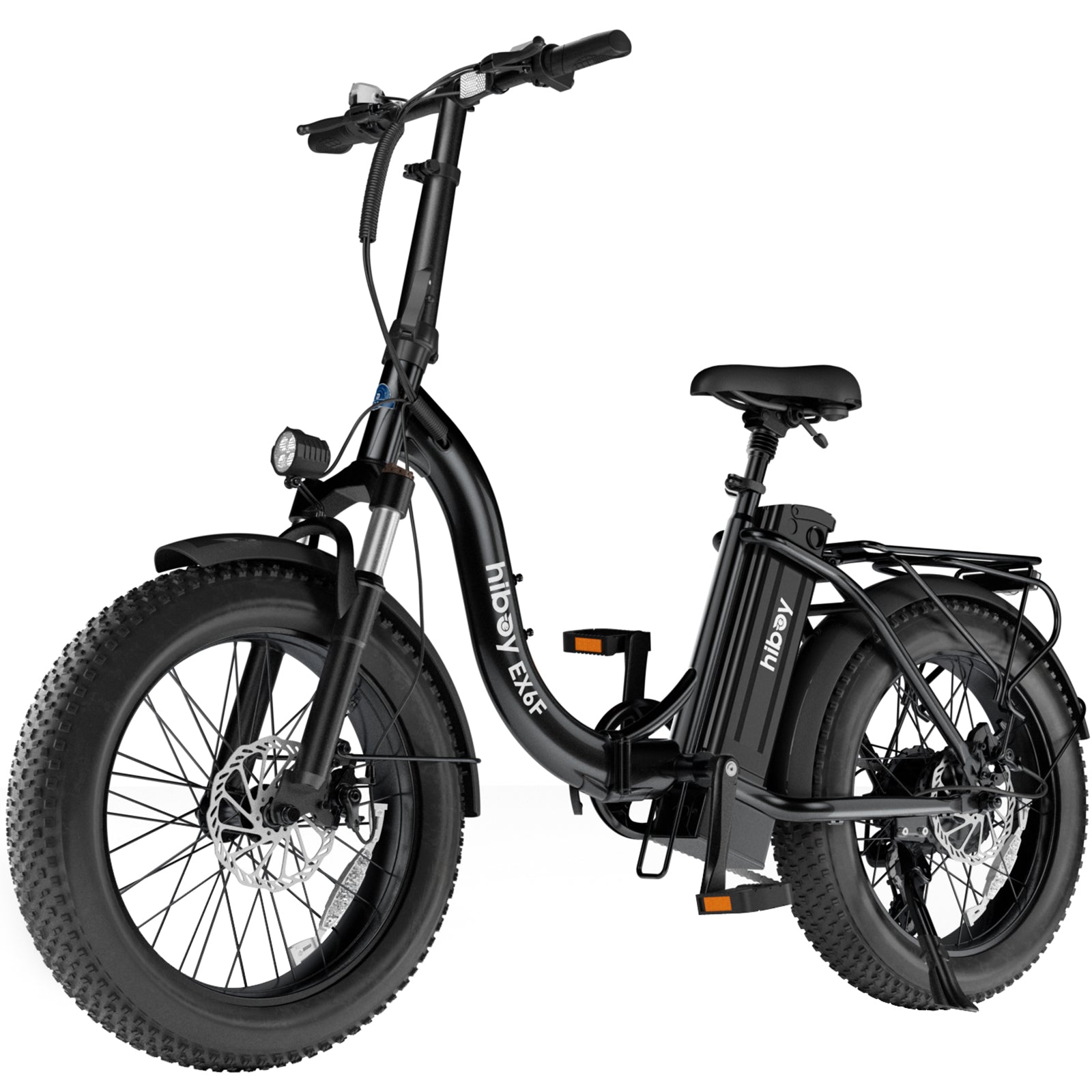
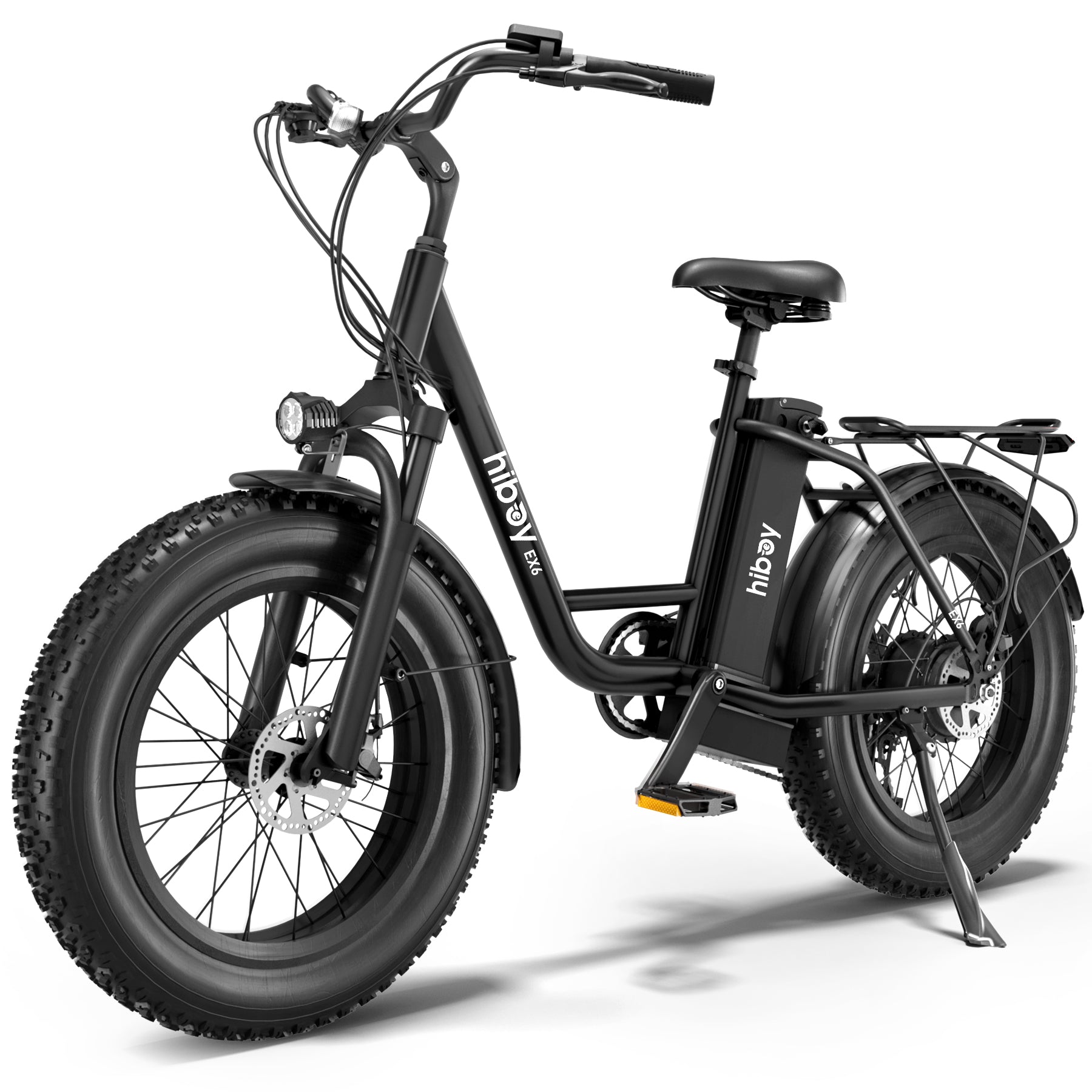 EX6
EX6
 P6
P6
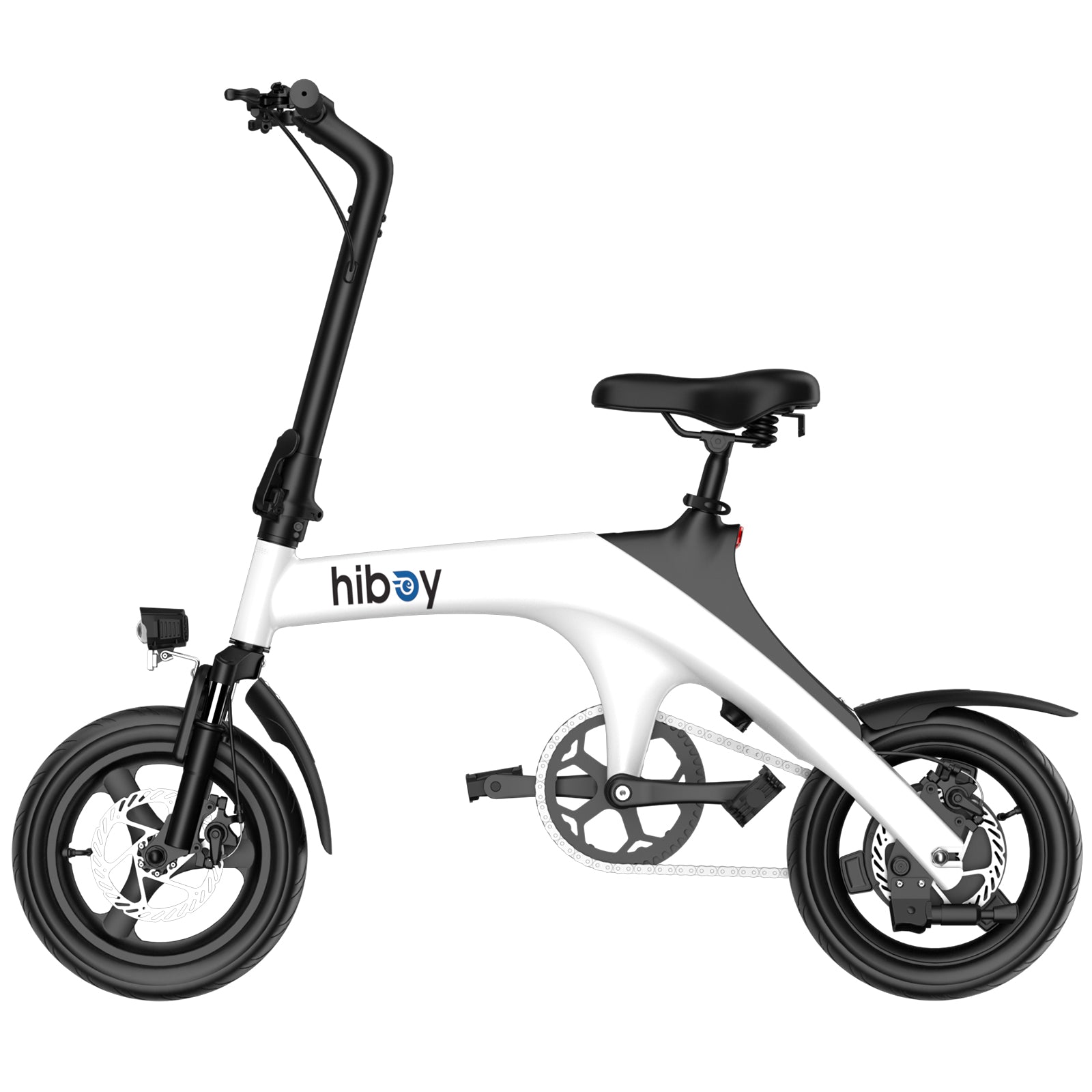 C1
C1

 DK1
DK1
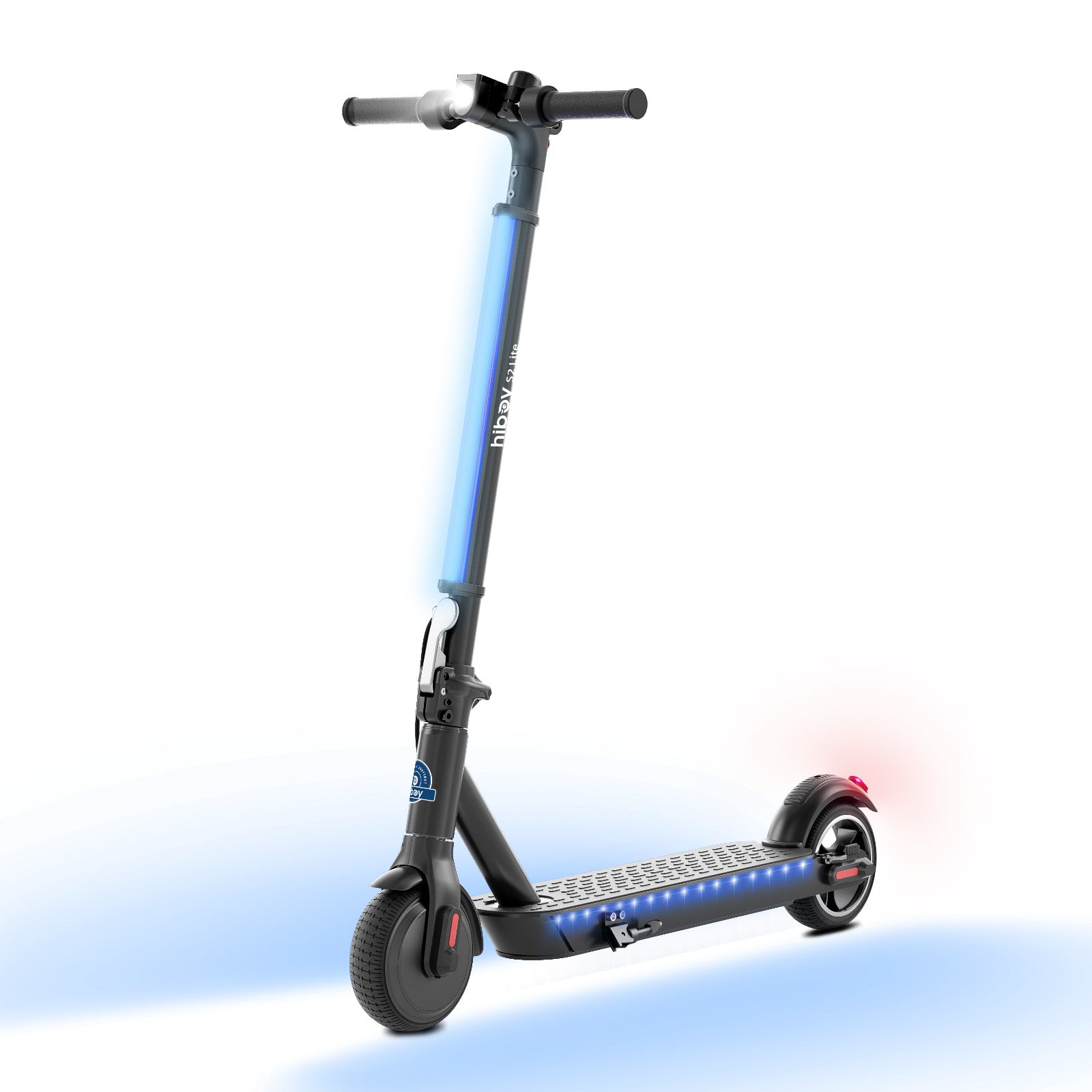 S2 Lite
S2 Lite
 BK1
BK1
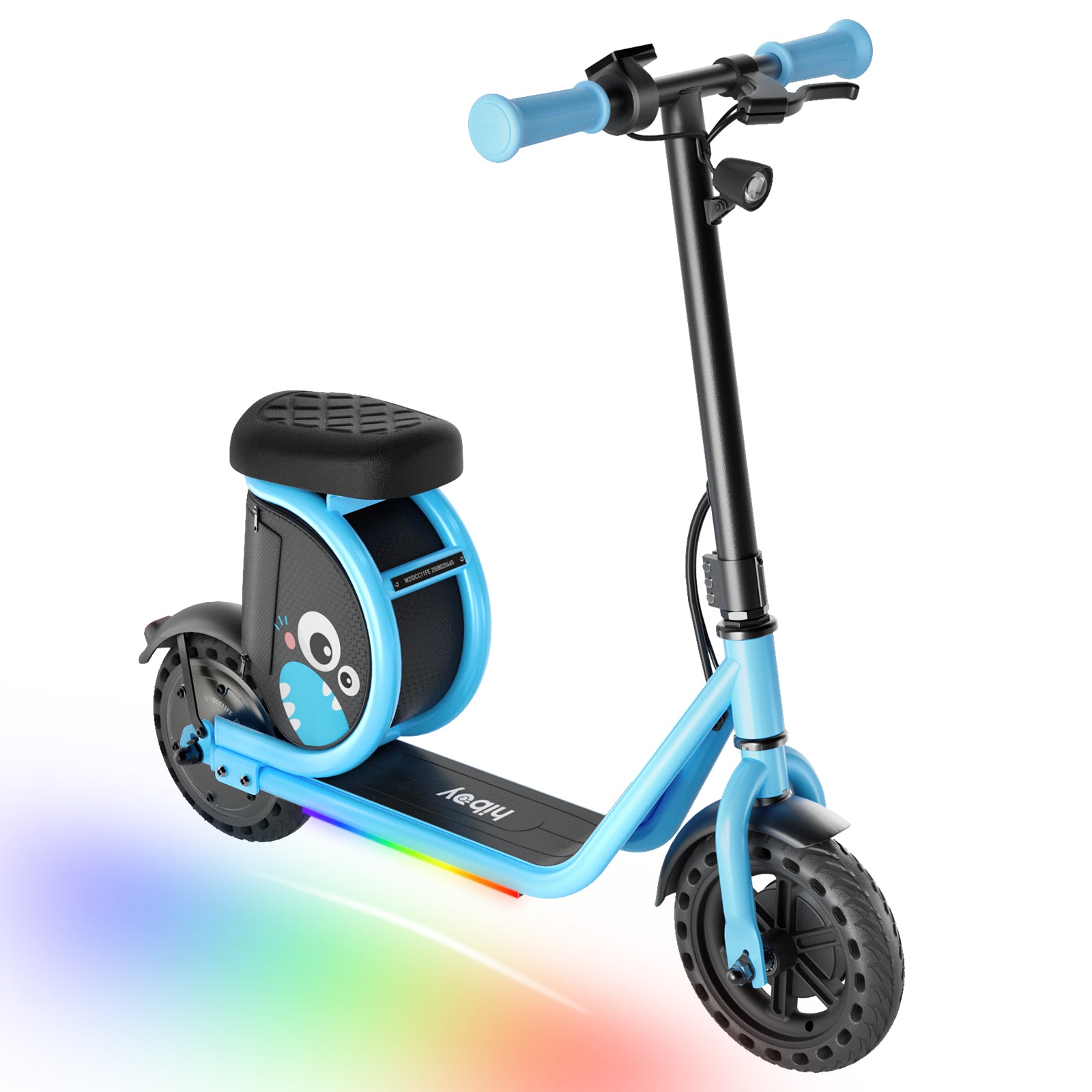
 ES-1
ES-1









Leave a comment
All comments are moderated before being published.
This site is protected by hCaptcha and the hCaptcha Privacy Policy and Terms of Service apply.